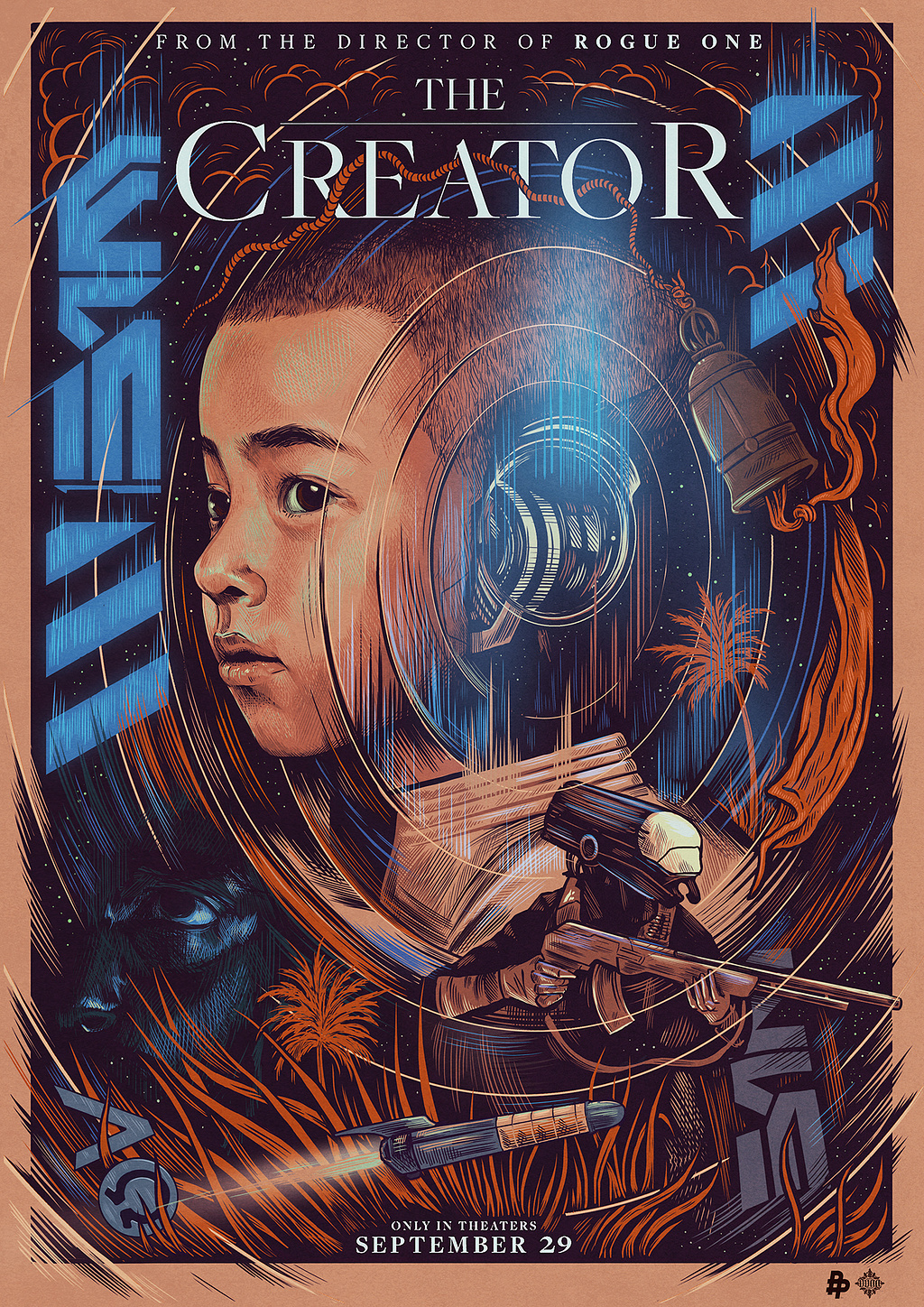
I got another good question in my banking session the other day:
AI disruption will be transformational to banks revenue generation and cost optimisation. How do you see the people and organisational model of banks developing as they harness its benefits?
This is a tough one, but the answer is clearly that everything that can be automated will be automated. Software is eating the world. In fact, two headlines come to mind straight away:
- Old John Cryan had some code, AI, AI, Oh! - Chris Skinner's blog (thefinanser.com)
- JPMorgan Software Does in Seconds What Took Lawyers 360,000 Hours - Bloomberg
These are both from 2017. Eight years later, the world is changing and changing fast. ChatGPT, Gemini, Copilot, Claude and more are changing the world. We live in a world of deep fakes and deep minds. Our world is changing fast.
So, when someone asks how AI is changing business, the usual reaction is that most people will be made redundant. The button pushers and box tickers are no longer needed. The administrators and accountants can pick up their P45s (UK notice of redundancy). The people doing anything in the office that can be automated will need to find a new role.
This was articulated well by John Cryan, the former Deutsche Bank CEO, speaking at a Handelsblatt conference I attended eight years ago: “In our banks we have people behaving like robots doing mechanical things, tomorrow we’re going to have robots behaving like people.”
A little like the automation of manufacturing a century ago, we are now automating the office. People need to think of what their next role in life will be.
This is nothing new. We have seen this coming for years and even decades. The challenge is that this is a radical change for work, education and employment everywhere. I used to think that machines could not create art, music and poetry and yet, today, they do. I used think that AI could not create empathy, and yet machines have more empathy than humans, as they are not constrained by time. So, the real question is: what can machines NOT create?
The starting point on that question is that machines create nothing. Machines regurgitate human inputs. AI cannot exist without the ability to scrape, scrawl and steal inputs from humans. There’s a big IP and copyright question there.
Equally machines cannot learn without human advisors. Machines need humans to train them in what to learn; maintain their learning so it does not go wrong (thinking of Microsoft’s mistake (reference Tay); and explain to people what the machines are doing. Trainers, maintainers and explainers will be important in our future. However, more than this, we will need people who have empathy and build relationships.
I still feel this is critical. For example, the one area of banking I point to is a hostile merger takeover. In that process, emotions run wild. Can a machine really handle that process with the emotional intelligence of a human?
Maybe it will in future – going back to my story of the robot doctors who deal with patient enquiries better than the human doctors – but this is still early days.
So, going back to the question posed regarding how banks need to change their organisations to embrace and leverage AI. The answer is: automate everything you can; reduce costs and improve customer experience; do what you have to do to become an AI organisation; but, just remember, that you are talking about something that is artificial.
More than this, most banks are using AI for fraud, compliance, algorithmic trading and reducing internal costs … what you need to do is focus upon the customer and improving the customer experience and customer journey. Forget the customer and you’ve forgotten why you exist.
Chris M Skinner
Chris Skinner is best known as an independent commentator on the financial markets through his blog, TheFinanser.com, as author of the bestselling book Digital Bank, and Chair of the European networking forum the Financial Services Club. He has been voted one of the most influential people in banking by The Financial Brand (as well as one of the best blogs), a FinTech Titan (Next Bank), one of the Fintech Leaders you need to follow (City AM, Deluxe and Jax Finance), as well as one of the Top 40 most influential people in financial technology by the Wall Street Journal's Financial News. To learn more click here...

